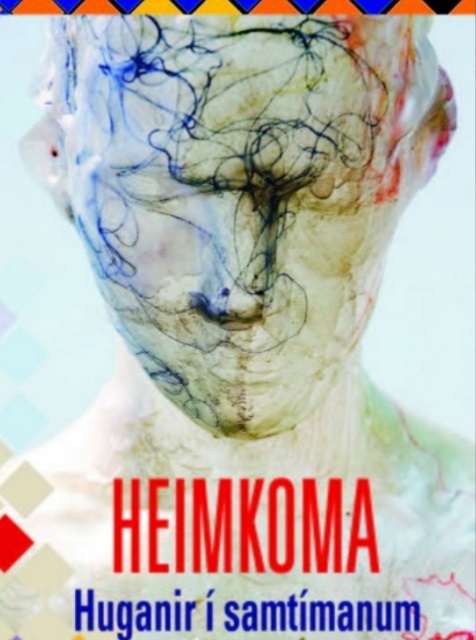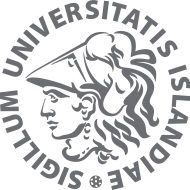 Homecoming: Essays on Current Affairs. Only published in Academia.edu 2016. – Heimkoma. Huganir í samtímanum 2016.
Homecoming: Essays on Current Affairs. Only published in Academia.edu 2016. – Heimkoma. Huganir í samtímanum 2016.
This book is a collection of essays mostly published in Icelandic in the first decade of the 21st century. Over the last years I have taken a lively interest in analyzing the operations of academic society through public and scholarly debate in a variety of ways. I have attempted to understand what it is about and the various means it employs to achieve its ends. In addition, I have taken active part in discussions within the university community over the last quarter of a century, first as a student, later as a fully-fledged historian. I have come to the view that as institutions of learning universities throughout the world are often fatally flawed and that academia is failing to provide the fertile ground for new thoughts and ideas that it ought to be.
Every scholar has at his command a certain amount of what might be called “cultural capital.” This can be applied in a variety of ways inside and outside the academic community. The debates that form a normal part of the work of all scholars can both eat into or add to the cultural capital he has at his disposal. In a sense one might say that every dispute between scholars – every debate that takes place outside or within the academic community – is built upon the struggle for the cultural capital of those who take part in it. The academic community formulates certain rules of play to regulate how these disputes are conducted. It tries to ensure a level playing field before they start and employs various means to ensure fairness. One, for example, is to arrange things so that there is always the opportunity for reply, that the person being criticized gets the chance to answer back. People who take part in heated disputes within the academic community do so with the aim of chipping away at or directly undermining the cultural capital of their opponents.
In this book one can find a debate between myself and one of my students, Hilma Gunnarsdóttir, which illustrates the importants of scholarly discussions. One has thought to bear in mind that there has been considerable uncertainty around the ideological status of written evidence as a result of the ideas of the poststructuralists on the status of texts about past times (sources), which have revolutionized people’s more traditional understanding of the past and the ways in which it can be approached. One thing, however, that can be said is that as soon as people start discussing each other’s work systematically in scholarly disputes it is hardly possible to expect that one of the parties involved will be able to raise himself above the attendant clashes and approach things with complete objectivity. I do take a strong stand on most of the issues I raise in this collection of essays, but I try to argue for my position in as positive manner as I best can, without going whistling past the graveyard! This book is only published on the internet, more precisely in academia.edu – february 2016.
